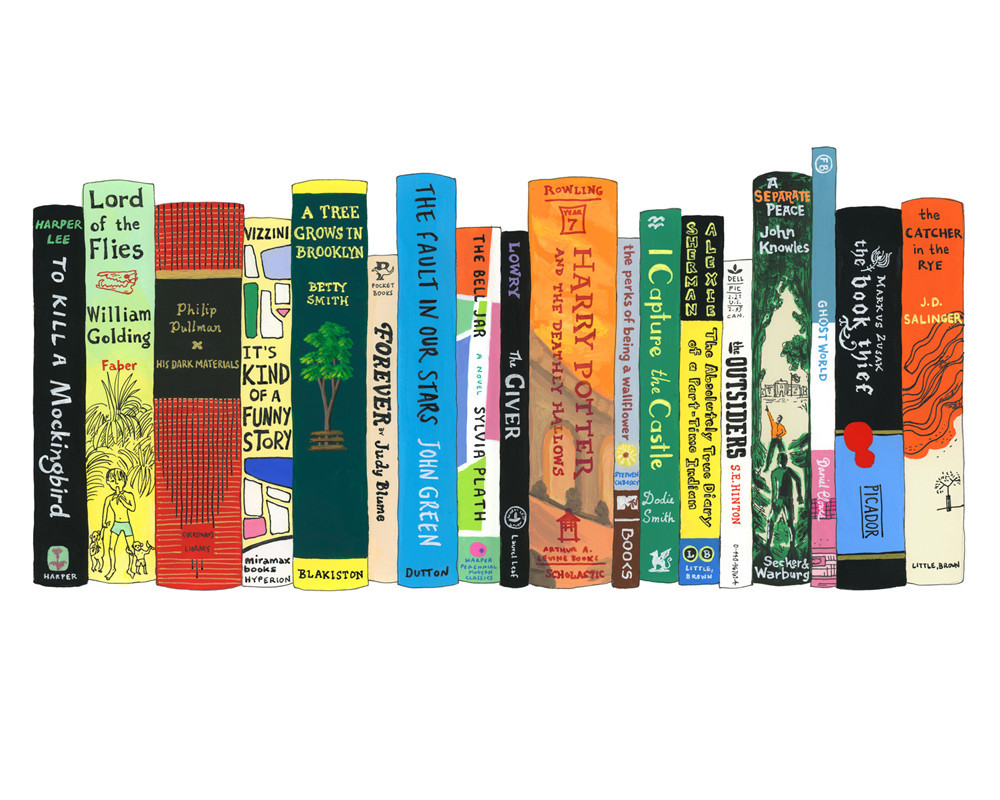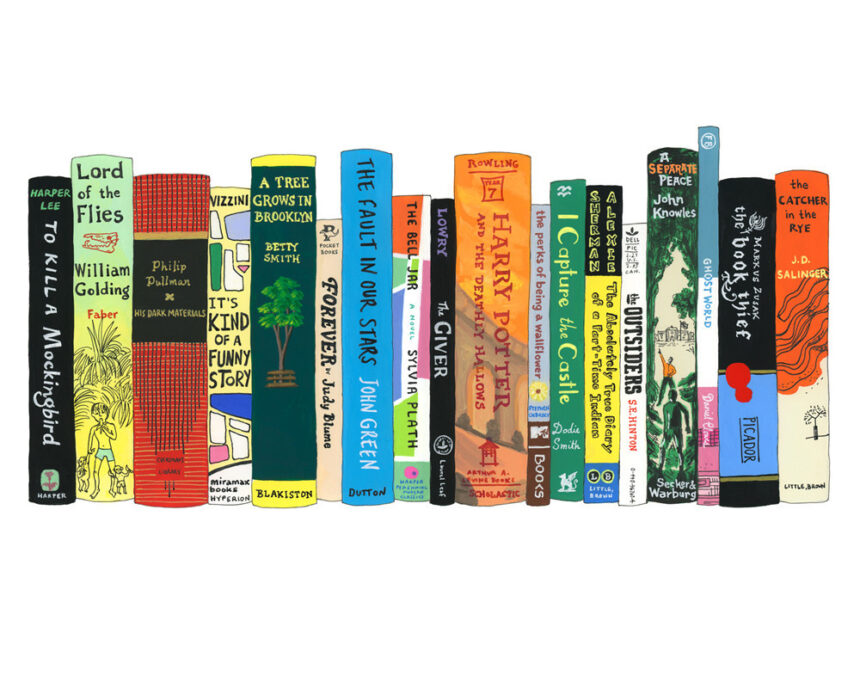 I didn’t understand Hillsdale College when I was a freshman. Then I discovered a book that changed everything.
I didn’t understand Hillsdale College when I was a freshman. Then I discovered a book that changed everything.
I came here because I thought it would help me advance in Republican Party politics, but everyone at freshman convocation and other orientation events spoke about liberal education and the Honor Code. Aside from the statues of Ronald Reagan and Margaret Thatcher, Hillsdale didn’t seem like a very political place those first few days.
Later that semester, I read Plato’s “Republic” in Professor of Philosophy Nathan Schlueter’s Introduction to Philosophy course. It was difficult to read and follow — I never read a Platonic dialogue during my public school education. I was bored and confused, and I didn’t quite know what to make of this strange book I had to read.
Then one day, while Schlueter was lecturing on the first book of the “Republic,” I had a revelation: I was Thrasymachus.
The first book consists partly of a great debate between Socrates and one of his most famous interlocutors, the sophist Thrasymachus. Attempting to win over Plato’s brother Glaucon and Adeimantus as students, Thrasymachus argues that justice is merely the advantage of the stronger. Socrates tries to save his students’ souls from this relativism by proposing that justice is something more permanent.
That day in class, I realized I had my priorities all wrong. Hillsdale isn’t about being powerful in conservative political circles, it’s about liberal education. I came to the right place for the wrong reasons, but Plato saved me from remaining a little Thrasymachus forever.
Since then, I’ve read the “Republic” all the way through more than any other single book — four times, to be exact. I’ve read it to understand Plato’s political science, I’ve read it to understand his anthropology, and I’ve read it to shed light on other great texts. Through each of my four readings, I’ve learned not just about Plato’s philosophy — I also learned about what it means to be human.
Through the core curriculum, every Hillsdale student should acquire a broad familiarity with the texts of the Western tradition. Each of us will encounter books and authors who raise those questions about how we live. They’re worth reading because they teach us truths about the human soul. But, one of these texts, like the “Republic” for me, may speak to your soul with a particularly loud voice.
My advice: Make that book your own. Read it, and reread it until you become an expert of the text. A broad understanding of the Western tradition is a good thing — that’s why we have the core. But a deep understanding of certain problems and questions that are relevant to your own life is important too.
Reading a great text once is a good thing, but a single reading will never give a reader a comprehensive understanding of the work. Through reading and rereading the “Republic,” I’ve come to realize just how deep a text it is. Each time through I notice some new artistry of Plato’s I hadn’t before.
But even more than that, each time I read the dialogue I marvel at the timelessness of Plato’s idea. At different stages of my life, I realize I can apply Plato’s truths about the human soul to my own life in different ways.
Men as great as Secretary of Defense James Mattis have learned this lesson and live by it. He carried a copy of Marcus Aurelius’s “Meditations” with him on each of his overseas deployments as a Marine Corps officer. While facing some of the most difficult life-and-death situations a man could endure, Mattis wanted to keep the lessons of that book near his heart because the “Meditations” captivate him. His great book is a source of strength and courage.
You owe it to yourself to find a text that speaks to you in that way. It doesn’t matter if it’s Jane Austen or Saint Augustine, “Hamlet” or the “Odyssey.” Let a great author invade your soul and occupy it. Go find your book; it will change your life.
Michael Lucchese is a senior majoring in American Studies

